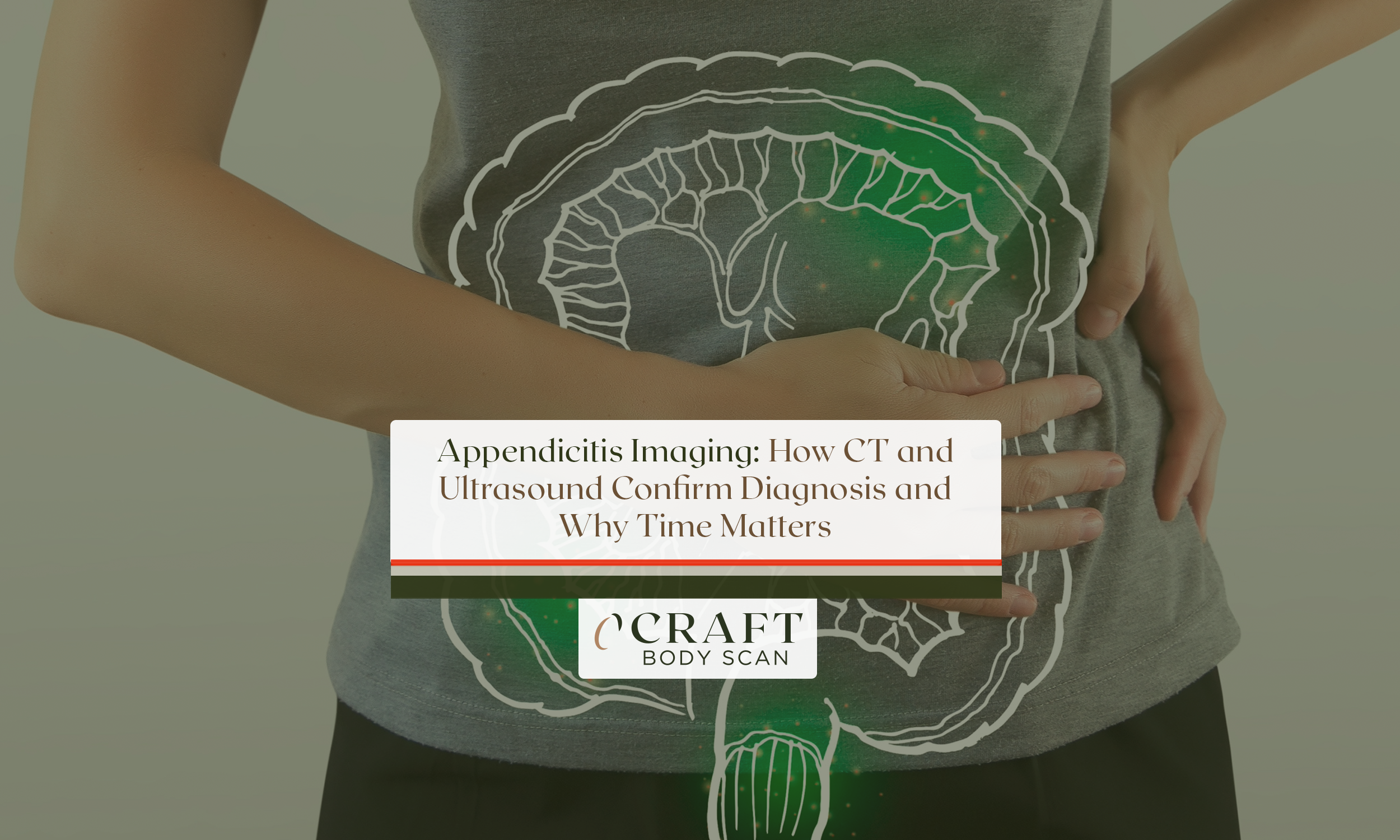Everyone knows that the heart plays a crucial role in the body. And when something is wrong with it, it’s very important to diagnose it properly and find the right solution. But it’s not always easy to figure out what’s wrong with the heart. So, tests, such as a heart scan, are necessary for saving lives.
What Are Heart Scans?
Who Needs This Test?
We recommend a heart scan to anyone over the age of 40. As heart disease is the leading cause of death of men and women in the US, it pays to be sure, even if you are not experiencing symptoms such as chest pain, shortness of breath, or heart palpitations. Take note that we don’t require a doctor’s order to check for coronary artery disease.
What to Expect During a Heart Scan?
During a heart scan, the patient is asked to remove all metal objects and place them into a locker. Patients are then ushered to the CT room where they will lie down on a table with their feet off the edge. We place EKGs on the patient’s skin which is part of our calcium scoring process. Our CT technologist will leave the room and breath hold instructions will begin to play with the longest stretch being 15 seconds. A heart scan usually takes five minutes and our patients can continue with the rest of their day!
What Results Can You Get from a Heart Scan?
A coronary calcium scan provides a measurement of the calcium buildup in the coronary arteries. Most calcium scores range from 0 to 400; a score of 100 or higher indicates a moderate amount of calcium buildup. Scores exceeding 400 indicate extensive plaque burden.
The scan score can be used to determine a patient’s risk of developing heart disease. The higher the score, the higher a patient’s risk. It is standard practice to compare the scanned score to the results of non-invasive coronary angiography. In this case, the scanned score helps determine whether a patient who has experienced a stent procedure or angioplasty has a significant amount of blockage in the coronary arteries or has had a positive response to the procedure.
A heart scan can also help determine whether a patient who is about to undergo coronary artery bypass surgery or another procedure has significant blockages.
Final Thoughts
A coronary calcium scan is a great way to determine a patient’s risk of developing heart disease. The best time to get a heart scan is when you feel well. Taking a proactive approach empowers you to take control of your health and catch things early instead of waiting for symptoms. A heart scan can also help determine whether a patient with chest pains or heart palpitations needs further diagnostic testing or a coronary angiogram. A coronary calcium scan is also very helpful for patients who are about to have stenting or angioplasty, as well as those who have already had these procedures.
Know your risk of heart disease with the help of Craft Body Scan. We provide heart scans and full-body scans that can help increase your chances of survival. Our non-invasive, low-dose scanner can detect signs of silent killers like cancer, tumors, and heart abnormalities so you can act fast. Schedule a scan today!







